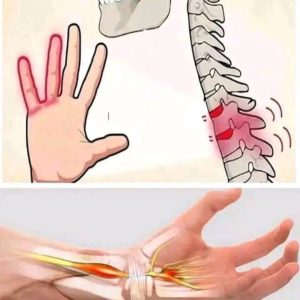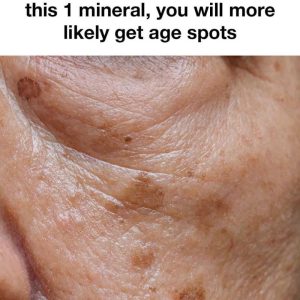Introduction
Cancer reversion aims to revert cancer cells to a non-malignant, differentiated state by re-expressing differentiation genes. This approach has shown promise in diseases like acute myeloid leukemia and breast cancer. Identifying master regulators for this process is challenging due to the complexity of gene regulation. A computational framework is needed to identify these regulators and address the limitations of current cancer therapies. The BENEIN framework was developed to reconstruct gene regulatory networks (GRNs) and identify master regulators that can induce differentiation.
Result
BENEIN uses single-cell transcriptome data to analyze gene expression and differentiate between pre- and post-transition states. It reconstructs Boolean models of GRNs and employs binarization techniques for gene expression. By reducing the Boolean network and using feedback vertex set analysis, BENEIN identifies master regulators. The framework has shown success in identifying control targets in colorectal cancer and granule neuron differentiation.
Discussion
BENEIN offers three advantages: it accurately defines pre- and post-transition states using exonic and intronic information, avoids pseudotime analysis, and automatically reconstructs GRNs without prior knowledge. It also integrates complex network control to identify master regulators. The modular design allows for component replacement with other algorithms. BENEIN demonstrated success in identifying master regulators for cancer reversion and other biological processes, showing potential for therapeutic applications despite limitations like cancer mutation modeling.





